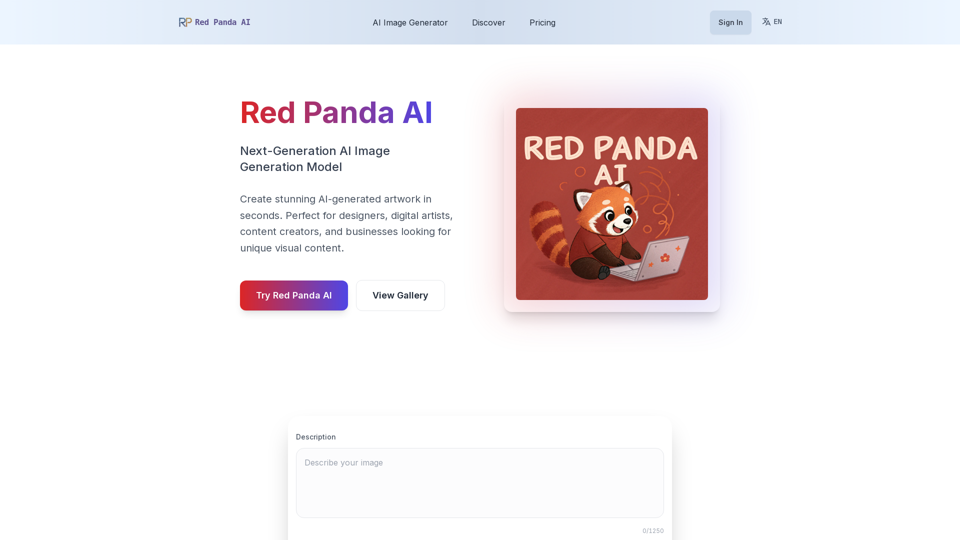AI trong Kế Toán là gì?
AI trong kế toán đề cập đến việc tích hợp các công nghệ trí tuệ nhân tạo như học máy và xử lý ngôn ngữ tự nhiên để tự động hóa và nâng cao các quy trình kế toán. Công nghệ này được sử dụng trong các nhiệm vụ như báo cáo tài chính, kiểm toán và tuân thủ, phát hiện gian lận và phân tích dữ liệu. AI giúp cải thiện độ chính xác, hiệu quả và cung cấp các thông tin quý giá cho việc ra quyết định.
Lợi Ích của AI trong Kế Toán
Tăng Cường Hiệu Quả và Năng Suất
- Tự động hóa các nhiệm vụ lặp đi lặp lại, giải phóng kế toán viên để tập trung vào các hoạt động chiến lược
- Nâng cao năng suất bằng cách cho phép các chuyên gia tập trung vào các nhiệm vụ mang lại giá trị
Tự Động Hóa Nhiệm Vụ và Giảm Thiểu Lỗi Con Người
- Tự động hóa các quy trình thường lệ, giảm thiểu khả năng xảy ra lỗi con người
- Cải thiện độ chính xác và độ tin cậy của dữ liệu và báo cáo tài chính
Cải Thiện Trải Nghiệm Khách Hàng
- Sử dụng các công cụ AI như ChatGPT để soạn thảo email và hỗ trợ khách hàng
- Nâng cao dịch vụ khách hàng thông qua thời gian phản hồi nhanh hơn và sự chú ý cá nhân hóa
Phân Tích Dữ Liệu và Dự Báo Nâng Cao
- Phân tích các tập dữ liệu lớn nhanh chóng để xác định xu hướng và đưa ra dự báo
- Cung cấp thông tin chi tiết về dòng tiền, lập ngân sách và kế hoạch tài chính
Tiết Kiệm Chi Phí
- Giảm chi phí vận hành bằng cách tự động hóa các quy trình thủ công
- Tăng năng suất và lợi nhuận bằng cách tập trung vào các sáng kiến chiến lược
Tạo Cơ Hội Việc Làm Mới
- Phát triển các vai trò mới trong quản lý và giám sát hệ thống AI
- Khuyến khích học tập và thích ứng với công nghệ mới trong kế toán
Cải Thiện Chất Lượng Cuộc Sống Qua Tự Động Hóa
- Tự động hóa các nhiệm vụ nhàm chán, cải thiện sự hài lòng trong công việc
- Cho phép kế toán viên tập trung vào các khía cạnh công việc thỏa mãn hơn
Cách Sử Dụng AI trong Kế Toán
Xử Lý Hóa Đơn và Đối Soát
- Các công cụ AI như Dext tự động hóa nhập dữ liệu và giảm lỗi thủ công
- Quét tài liệu để thu thập dữ liệu, đơn giản hóa quá trình đối soát
Phát Hiện Gian Lận
- Hệ thống AI phân tích dữ liệu tài chính để xác định các mẫu bất thường
- Nâng cao độ chính xác và hiệu quả trong các quy trình kiểm toán
Phân Tích Tài Chính Dự Báo
- Sử dụng AI để dự đoán kết quả tài chính và quản lý vốn lưu động
- Phân tích dữ liệu lịch sử để dự báo dòng tiền chính xác
Lập Ngân Sách và Dự Báo
- Các công cụ AI tự động hóa quy trình lập ngân sách, cung cấp thông tin chi tiết theo thời gian thực
- Hỗ trợ ra quyết định chiến lược với các dự báo tài chính chính xác
Tuân Thủ và Chuẩn Bị Thuế
- AI xác định các khoản khấu trừ thuế và đảm bảo tuân thủ các quy định
- Tự động hóa các tính toán thuế và cung cấp cảnh báo tuân thủ theo thời gian thực
Ghi Sổ Kế Toán và Nhập Dữ Liệu
- AI hỗ trợ phân loại giao dịch và duy trì hồ sơ chính xác
- Nâng cao hiệu quả trong các nhiệm vụ ghi sổ kế toán và quản lý dữ liệu
Hỗ Trợ Kiểm Toán
- Các công cụ AI hỗ trợ trong quản lý tài liệu và các quy trình kiểm toán
- Đơn giản hóa các nhiệm vụ kiểm toán, giảm thời gian và nguồn lực cần thiết
Cách Bắt Đầu Với Trí Tuệ Kế Toán
Xác Định Các Nhiệm Vụ Có Thể Được Cải Thiện Qua AI
- Xác định các quy trình kế toán có thể hưởng lợi từ tự động hóa AI
Chọn Công Nghệ AI Phù Hợp
- Đánh giá các công nghệ AI như học máy và xử lý ngôn ngữ tự nhiên
Thuê hoặc Đào Tạo Nhân Viên Có Chuyên Môn AI
- Phát triển kỹ năng AI trong đội ngũ để tối đa hóa lợi ích công nghệ
Bắt Đầu Nhỏ và Mở Rộng Dần
- Triển khai AI trong một khu vực nhỏ và dần dần mở rộng khi quen thuộc
Giám Sát và Đánh Giá Hiệu Suất
- Thường xuyên đánh giá hiệu suất AI để tối ưu hóa việc sử dụng và lợi ích
Bằng cách tích hợp AI vào các quy trình kế toán, doanh nghiệp có thể cải thiện đáng kể hiệu quả, độ chính xác và khả năng ra quyết định chiến lược.






